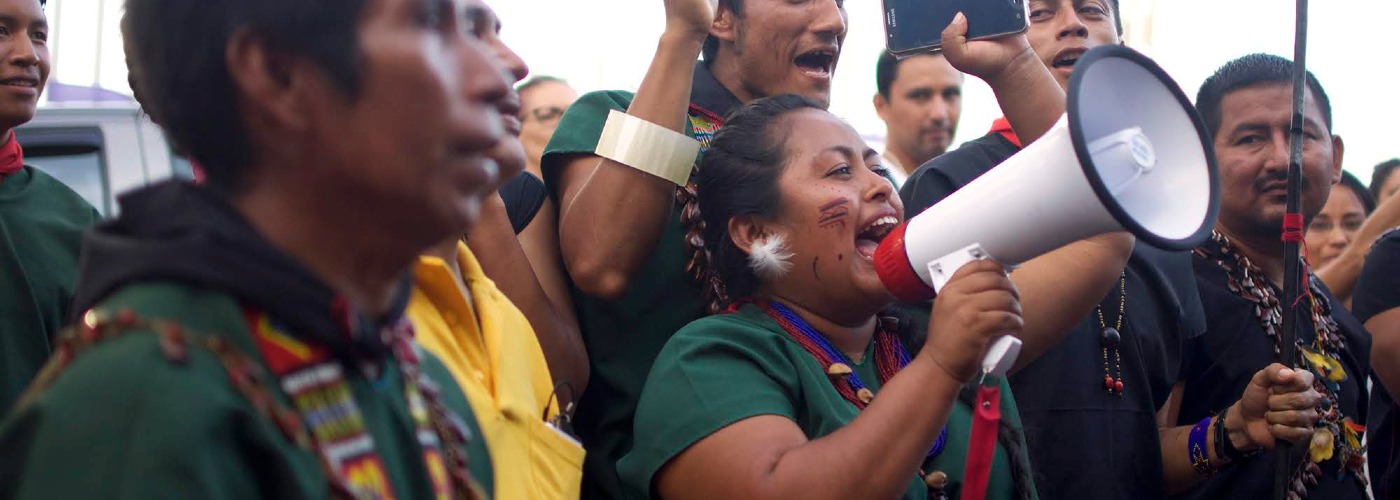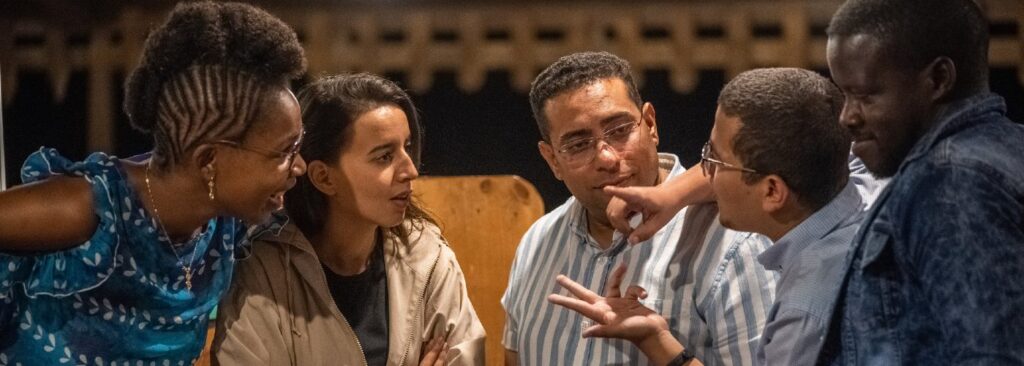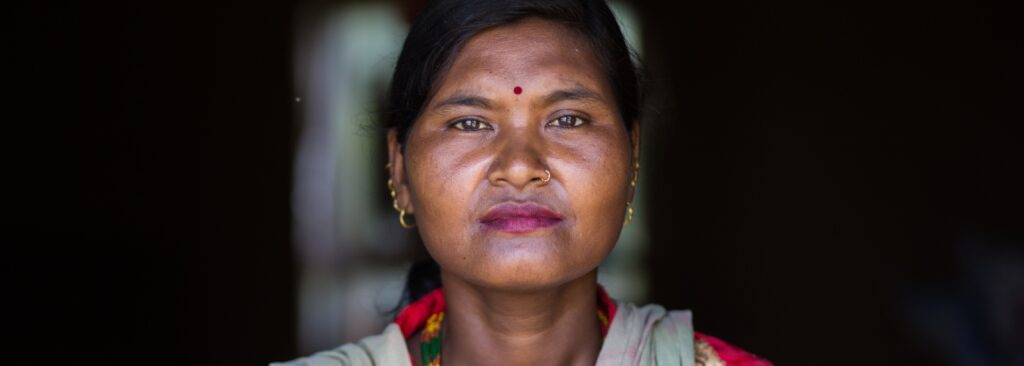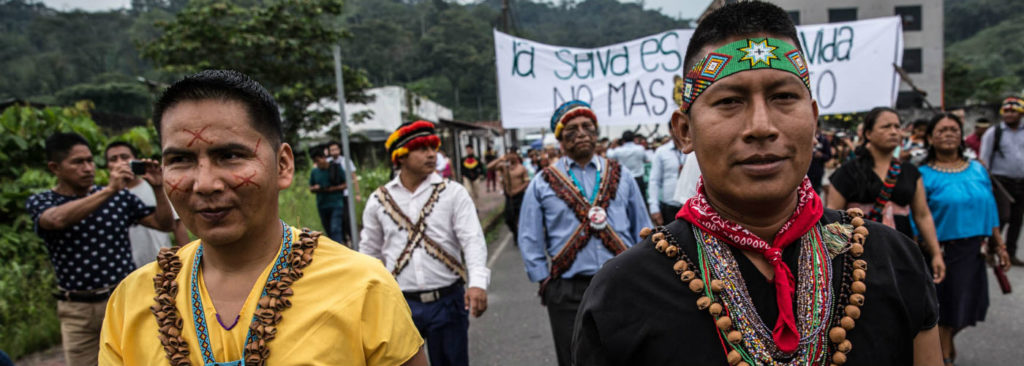COP27: lack of ambition means more work for the climate justice movement
December 5, 2022
By Anne Jellema, CEO Hivos
The establishment of a loss and damage fund to help developing countries pay for the mounting costs of climate-related disasters makes it tempting to label COP27, the UN Climate Conference that recently took place in Egypt, a historic moment. It certainly shows the growing effectiveness of the climate justice movement, which fought tooth and nail to get loss and damage on the agenda. But COP27 failed miserably at accelerating progress on cutting emissions and at delivering previously promised climate funding. This shows that our movement is still not as powerful as we need it to be.
By contrast, the power of the fossil fuel industry and the governments that prop it up was very visible at COP27. The final agreement did not include any follow-up on the “phasedown” of coal agreed last year. Although over 80 countries supported a proposal to expand that pledge to phase out all fossil fuels, it was ultimately rejected, even though this is absolutely critical to have any hope of keeping global warming below 1.5 degrees. In fact, according to German newspaper Spiegel, the likes of Shell and Equinor signed no fewer than twenty new oil and gas deals at COP27.
Climate finance gap continues to grow
In 2009, rich countries pledged to pay $100 billion annually in international climate finance for developing countries. This target has never been reached. Current volumes of climate finance are insufficient. What funds do exist are mostly inaccessible to those most heavily impacted by the climate crisis: women, Indigenous people, young people, and other excluded groups.
Climate activists and environmental and Indigenous defenders play a critical role in holding decision-makers to account.
Instead of reaching constructive agreements to make financing more accessible, flexible and predictable, rich countries continued to postpone concrete agreements. Like African countries’ demand to double adaptation funding, which was pushed down the road to COP28. The funding gap for the most vulnerable continues to grow, although the call for reform of the World Bank, IMF and other international financial institutions offers hope.
Hivos, with our partners and allies, will continue to push for justice to be at the heart of climate finance. Through Voices for Just Climate Action we seek to redirect national and global policies and financial flows in support of locally-led, gender-equitable climate solutions. We are also growing the climate justice movement from the bottom up and amplifying inspiring grassroots leaders and organizations. Finally, we are supporting and piloting alternative financing mechanisms and locally-developed green solutions, including women-led renewable energy through our ENERGIA program, and green jobs for youth in our GreenWorks program
Safeguarding civic space and human rights in climate action
Climate activists and environmental and Indigenous defenders play a critical role in holding decision-makers to account, protecting their communities, generating awareness and demanding action. However, according to Global Witness, at least 200 environmental activists were killed in 2021, and climate action is increasingly restricted by clampdowns on protest and organizing. Women environmental defenders routinely face gender-based violence in addition to other threats.
Much more must be done to protect the rights and safety of these defenders. This will continue to be at the center of Hivos’ climate justice agenda. In the Amazon, we work with Indigenous Peoples and local communities to combine technology, like satellites and drones, with local knowledge to track and challenge deforestation and human rights violations. And through the Digital Defenders Partnership we increase the safety of human rights and environmental defenders under (digital) threat or attack, and improve emergency response networks.
The strongest message of hope from this year’s COP is that women, youth and Indigenous people on the frontlines of the climate emergency are not waiting for UN negotiators to act. More and more, they are taking matters into their own hands. While increasingly severe floods, droughts and famines are overwhelming communities around the world, these groups are fighting back. Their weapons: resilient and affordable ways to grow food, expanding energy access, and ensuring sustainable livelihoods.
What’s more, they are organizing to demand that rich governments and corporations stop funding fossil fuels and deforestation; pay up for the damage they have already caused; and start funding sustainable solutions. In 2023 we urgently ask you to add your solidarity and your voice in support of people’s climate action. Joining hands as citizens and building a stronger worldwide movement for climate justice is our best hope to keep our planet liveable.
Photo: Indigenous leader Alexandra Narvaez has been fighting against the destruction of the Ecuadorian Amazon. With support from our All Eyes on the Amazon program, she and her community achieved an unprecedented legal victory. Alexandra, along with another member of her community, won the 2022 Goldman Environmental Prize for this victory.




